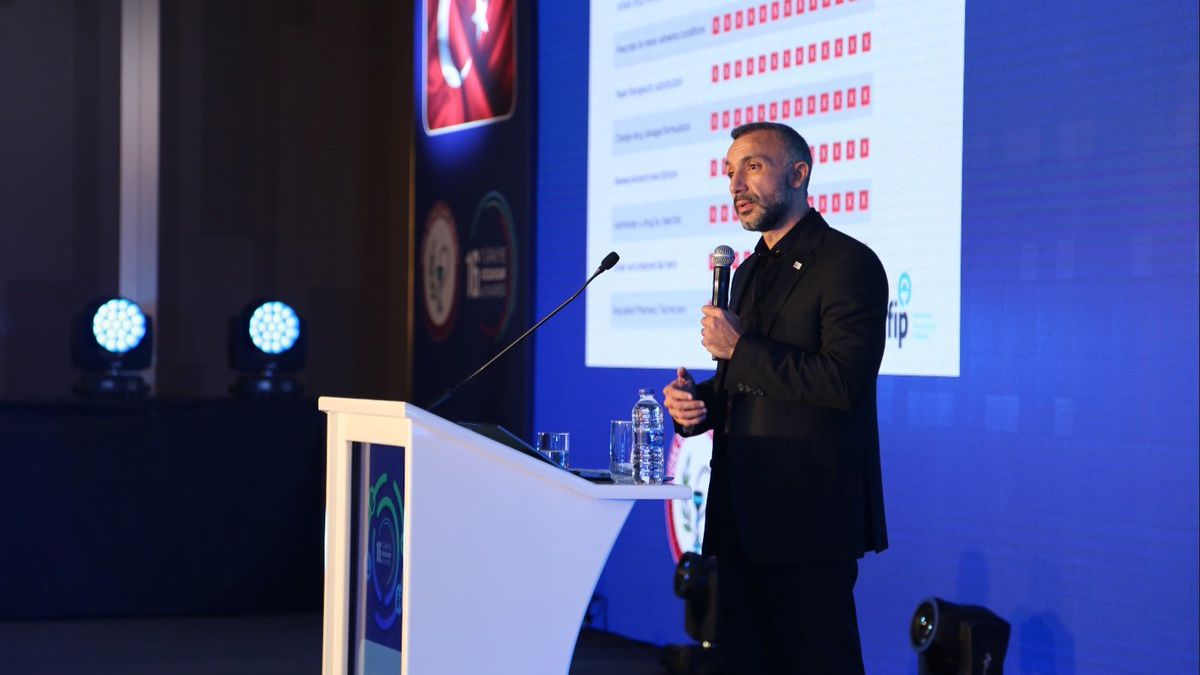The International Pharmaceutical Federation (FIP) has issued a global appeal to governments, urging them to actively regulate and counter the spread of medicines misinformation.
The FIP, a worldwide federation encompassing national associations of pharmacists, pharmaceutical scientists, and pharmacy educators with official relations to the World Health Organization, expressed its concerns in a policy statement released on Tuesday.
This updated statement, which supersedes one published by the FIP in 2017, places particular emphasis on the growing influence of digital information sources, including artificial intelligence, and underscores the pivotal role of pharmacists in leading efforts to combat misinformation.
Dr. Boyan Todorov, President of FIP’s Health and Medicines Information Section and co-chair of the policy committee behind the statement, explained the rationale behind the call to action: “Medicines information plays a vital role in empowering patients, medicine users, healthcare professionals, and caregivers to ensure the safe, effective, and appropriate utilization of medicines. Challenges in maintaining information quality often stem from the decentralized and unsupervised creation of health-related content online. For instance, individuals can now access information through artificial intelligence platforms, but this data may be inaccurate and have detrimental effects on health.”
FIP encourages pharmacists to leverage their expertise in spearheading the development and implementation of effective strategies for medicine information. They are urged to establish themselves as trustworthy partners and knowledge sources for other healthcare professionals and the primary providers of accurate and unbiased information on medicines.
Furthermore, FIP advocates for the use of printed or electronic information to reinforce spoken information and suggests the creation of medicines information centers operated by pharmacists specialized in providing drug-related information.
The updated policy statement also contains a series of recommendations for various stakeholders, including educational institutions, the pharmaceutical industry, and member organizations.




